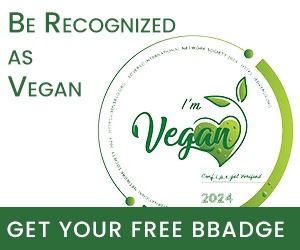Whole milk is seeing a resurgence in popularity, especially among younger consumers under 35, with sales reportedly increasing by two percent in the recent quarter compared to last year. Traditionally less favored than skimmed and semi-skimmed varieties, whole milk is now being embraced for its nutritional content, spurred by social media influencers who tout its health benefits.
The Rising Popularity of Full-Fat Milk
Despite its growing popularity, there is debate over the health implications of whole milk. Proponents on platforms like TikTok suggest that high-quality, grass-fed whole milk can be a good source of Omega-3 fatty acids. However, nutrition experts are wary of the saturated fats present in cow’s milk, which are linked to higher risks of cardiovascular diseases and other health issues.
Amy Leahy, a nutrition expert and Head Coach at Mastering Diabetes, emphasizes that while grass-fed milk contains beneficial omega-3s, these nutrients originate from plants. Leahy suggests that humans can directly obtain omega-3 from plant sources such as chia seeds, hemp, seaweed, flaxseeds, or through algae supplements. Opting for these plant-based sources can lead to better health outcomes and promote environmental sustainability and animal welfare.
Health Concerns and Ethical Implications
The health claims surrounding whole milk are increasingly scrutinized by health professionals. Research links dairy consumption to various health risks, including cancer, Alzheimer’s disease, diabetes, and heart disease. Dairy products are also the leading source of saturated fat in many diets.
Beyond health concerns, the dairy industry faces criticism for its ethical implications. The process of milk production involves practices many consider exploitative, involving the separation of calves from their mothers shortly after birth and the eventual slaughter of cows once their milk production declines. Additionally, dairy farming is resource-intensive, contributing significantly to greenhouse gas emissions and environmental degradation.
Shifts in Consumer Preferences
Despite some young people’s renewed interest in whole milk, overall trends suggest that Generation Z is moving away from traditional cow’s milk toward plant-based alternatives. Reports indicate that only a small fraction of Gen Z buys cow’s milk, with many expressing environmental and ethical concerns over dairy consumption. Plant-based milks, like almond, soy, and oat, are gaining traction, reflecting broader dietary shifts towards sustainability and health-conscious eating.
Conclusion
While whole milk may be enjoying a moment of popularity, the broader trends and expert advice suggest a cautious approach to its consumption. Health professionals advocate for a balanced diet enriched with plant-based sources of nutrients, aligning with both health and environmental benefits. As consumer habits continue to evolve, the shift towards more sustainable and ethical food choices appears to be gaining ground among the younger generations.








